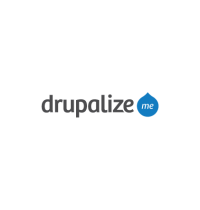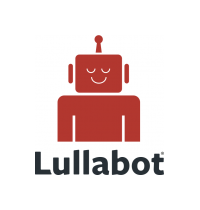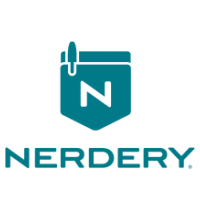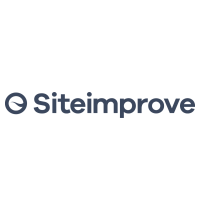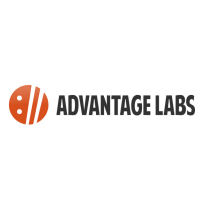Last September, Dries Buytaert and I published the results of our research that examined Drupal commit data, in order to help understand who develops Drupal, how much of that work is sponsored, and the sources of sponsorship. While this was the result of many months of work and hours of conversations, we acknowledged that we could not sufficiently recognize non-code contributions, the complexity of contributions, or quality of work. Commit credits can only tell us so much.
This session will propose a theoretical framework that accounts for the complexities of our contributions that cannot be easily measured. Drawing from a wide range of public sphere theory -- including the work of scholars such as Jürgen Habermas, John Dewey, and Nancy Fraser -- this session will describe Drupal as something more than just individuals, organized groups, institutions, or markets. We'll consider how proposals in the Drupal community are deliberated, how change is enacted, and who influences these processes, taking into account various sites of collaboration, such as IRC, issue queues, local user groups, DrupalCamps, and DrupalCons. Attendees will leave this session with a deeper understanding of the Drupal community, how it relates to the broader public, and how our community contributes to the public good.

